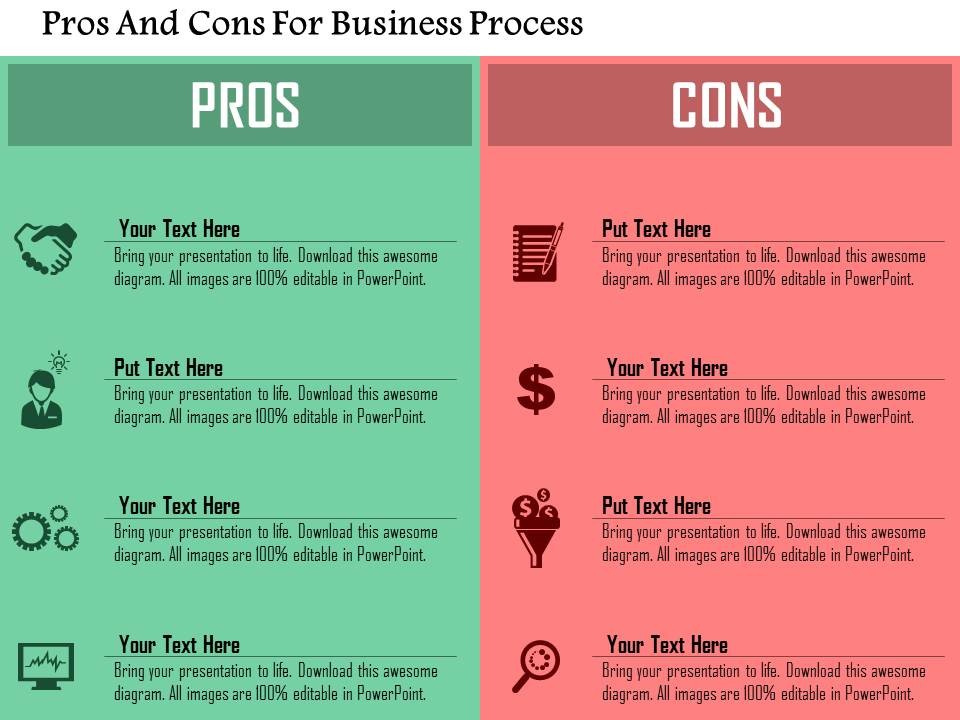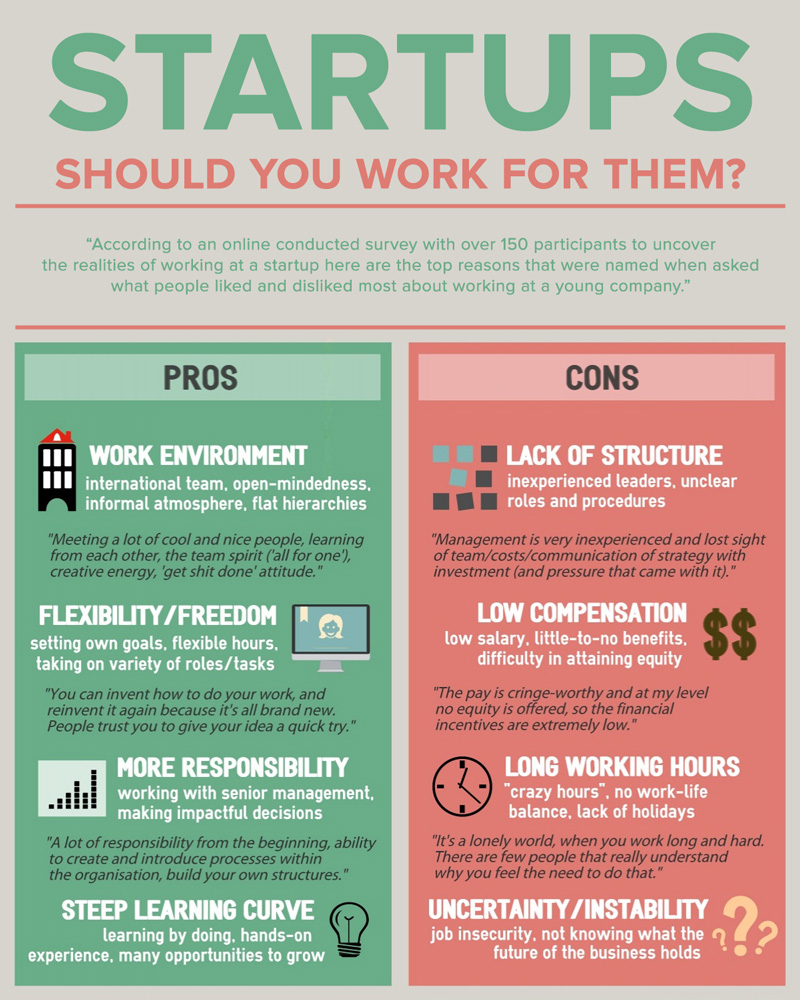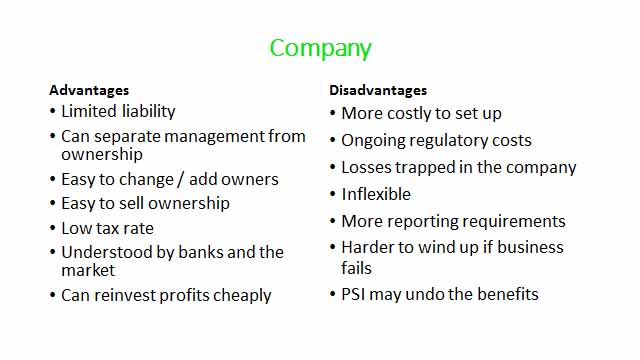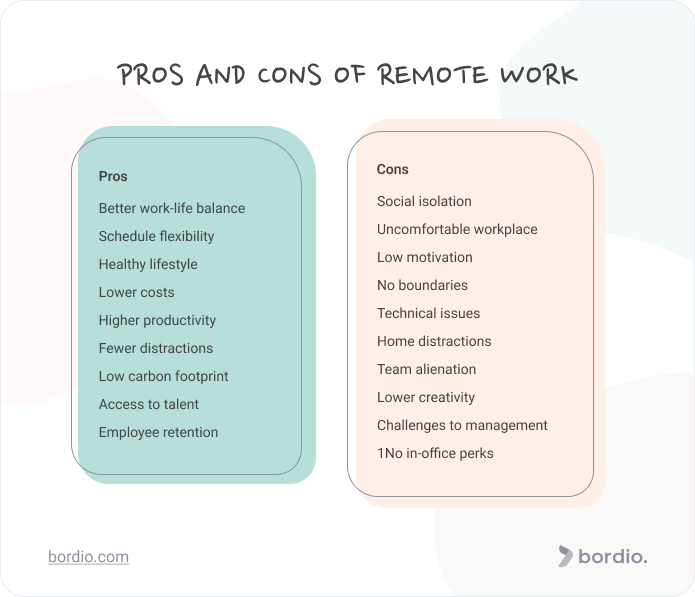Pros And Cons Of Working At A Small Company

Small companies: nimble startups or chaotic pressure cookers? The reality is a mixed bag, demanding careful consideration from prospective employees.
For job seekers weighing their options, understanding the advantages and disadvantages of joining a small business is crucial. This article cuts through the noise, offering a clear-eyed look at what to expect.
The Allure of the Small Company
Agility and Impact
Small companies are known for their speed and adaptability. Decisions happen faster, and employees often have a direct line to leadership. This translates to more opportunities to influence the company's direction and see the immediate impact of your work.
A 2023 study by the Small Business Administration found that small businesses account for 44% of US economic activity. This illustrates the significant role they play and the potential for employees to contribute meaningfully.
Broad Responsibilities
Expect to wear many hats. You might find yourself involved in various aspects of the business, from marketing to customer service. This diverse experience can be invaluable for career growth, especially early on.
However, it also means less specialization. Be prepared to step outside your comfort zone and learn new skills quickly.
Close-Knit Culture
Small teams often foster a more intimate and collaborative work environment. This can lead to stronger relationships with colleagues and a greater sense of belonging.
According to a 2022 survey by Gallup, employees who have a "best friend at work" are more engaged and productive. Small companies can naturally cultivate these connections.
The Challenges of the Small Company
Limited Resources
Budget constraints are a reality. Expect fewer perks, less robust benefits packages, and potentially lower salaries compared to larger corporations.
Training opportunities may also be limited. You might need to be proactive in seeking out professional development on your own.
Job Security
Smaller companies are inherently more vulnerable to economic downturns. Layoffs are often a last resort, but they can happen more readily than at established organizations.
Funding challenges can also threaten job security. Due diligence is paramount, research the company's financial health before accepting an offer.
Intense Pressure
With fewer employees, each individual carries a heavier workload. The pressure to perform and contribute significantly can be intense.
Long hours may be the norm, especially during critical periods. This can lead to burnout and decreased job satisfaction.
Limited Career Paths
Advancement opportunities within a small company may be restricted. The organizational structure is often flatter, with fewer management positions available.
Consider your long-term career goals before committing. Open communication about career aspirations during the interview process is vital.
The Bottom Line
Working for a small company is not for everyone. The ideal candidate is adaptable, resilient, and thrives in a fast-paced, dynamic environment. Conduct thorough research, ask insightful questions, and carefully weigh the pros and cons before making your decision.
Industry experts recommend seeking out employee reviews on platforms like Glassdoor and Indeed. The Federal Trade Commission (FTC) also provides resources for evaluating potential employers.
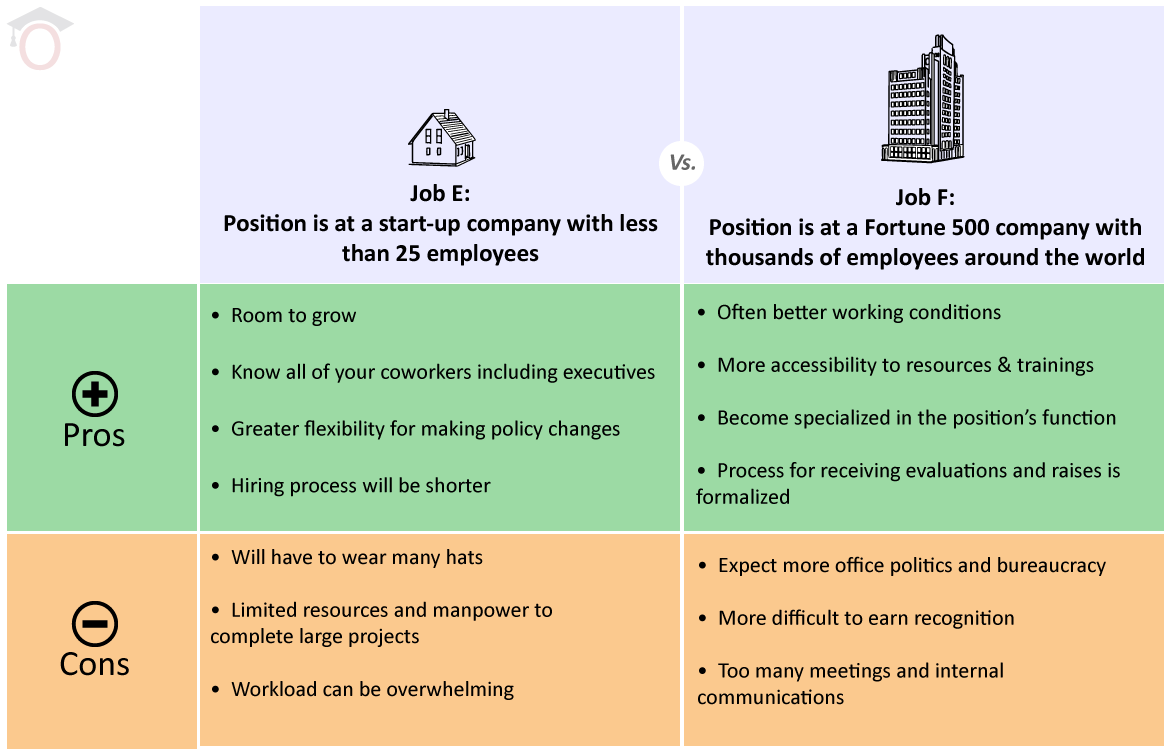





/smiling-coworkers-in-discussion-in-design-studio-935639292-5c79988546e0fb0001d83d1a.jpg)
